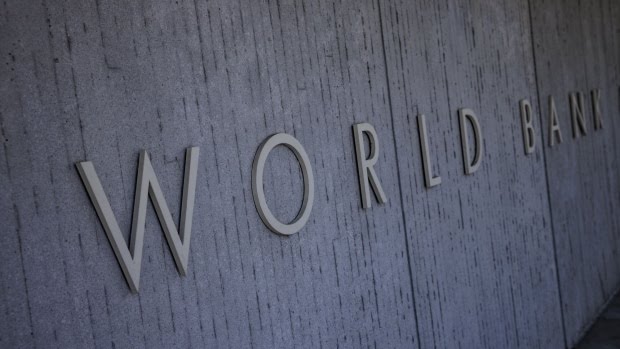Poor Governance Offsetting Reform Gains in Africa – World Bank
Despite isolated progress in fiscal discipline and digital transformation, poor governance is eroding reform gains across Sub-Saharan Africa, according to the World Bank’s 2025 Country Policy and Institutional Assessment (CPIA) report, released on Thursday.
The report warns that Governments must urgently address deep-seated weaknesses in public service delivery to restore citizen trust and drive inclusive development.
The average CPIA score for IDA-eligible countries in the region remained stagnant at 3.1 out of 6, unchanged from 2023. While some better-performing countries advanced on reforms, “poor performance in governance offset these gains,” the World Bank said.
The result is uneven progress—and growing public dissatisfaction.
“Confidence in a government’s ability to efficiently transform public resources into essential services is fundamental to fostering a shared purpose with citizens and improving trust,” Andrew Dabalen, World Bank Chief Economist for Africa said. “Populations across Africa are clearly asking for more from their leaders to enable them to realise their aspirations.”
The report, “Building Trust through Effective Service Delivery in Africa”, comes at a time of heightened political pressure in the region. “2024 was marked by youth protests and a notable decline in political support for incumbents across the continent,” the Bank noted. Public surveys cited in the report show rising frustration with the quality of services, which continue to fall behind other global regions—especially in infrastructure, health, education, security, and administrative delivery.
The report further emphasised that infrastructure challenges are especially acute. “High poverty levels are exacerbated by a lack of access to public infrastructure, particularly in sanitation,” it states. It also observes poor transportation and weak energy systems as hindering productivity and quality of life. In parallel, conflict-related deaths have nearly tripled between 2014 and 2024, undermining state capacity to ensure basic security.
The region’s human capital development is also under threat, it stresses. “Poor educational quality and inadequate health services” are constraining future growth by limiting opportunities for young people entering the labor force. Administrative inefficiencies further weigh on the business environment, with bottlenecks in business location processes and access to financial services.
Nevertheless, the World Bank acknowledges some bright spots, including that several countries are reducing wage bills and fuel subsidies, consolidating debt, and advancing trade facilitation efforts. Others are investing in digital technologies and strengthening financial sector oversight.
The report also commends efforts to empower adolescent girls through legal reforms and improve social protection systems.
Yet, governance remains the biggest weakness holding back progress in Africa, despite other areas showing improvement.
“While some countries have made commendable strides in fiscal prudence and digital transformation, issues of weak governance, limited transparency, and insufficient implementation capacity continue to undermine efforts to deliver essential services,” Nicholas Woolley, lead author of the CPIA report said.
“Addressing these fundamental challenges is not just about economic growth; it’s about showing people that governments can work for them to help create a better path for the future.”
As African nations grapple with mounting demands and constrained financing, the report frames trust-building through service delivery as both a political and economic imperative.
The World Bank warns that without tangible progress, the region risks a deepening trust deficit and stalled development.







